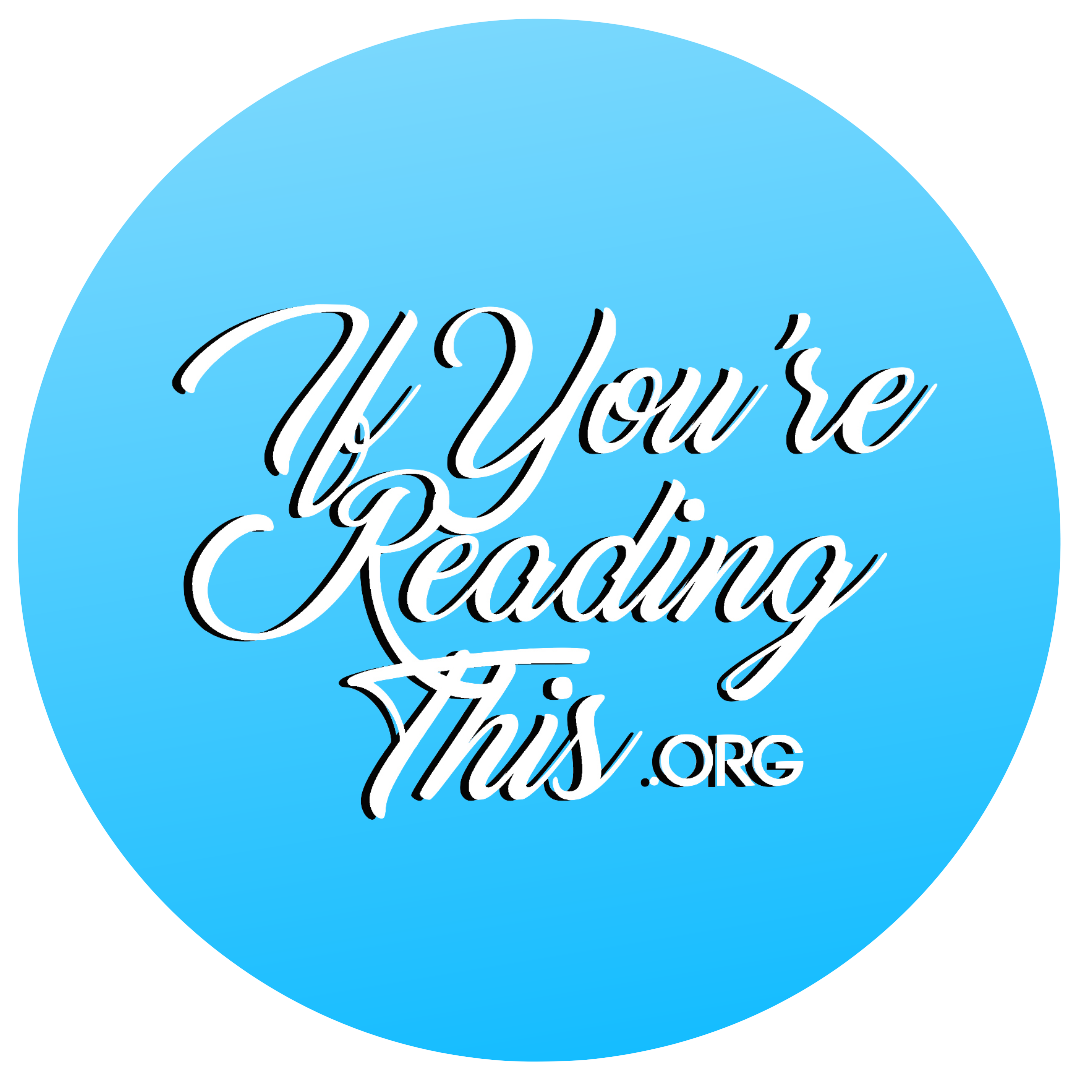If you’re reading this, understand that healing is not linear.
I consider myself one of the lucky ones. Anyone who knows me knows that I am super easy to open up. It doesn’t take long for me to form a connection and tell someone all of my secrets, problems, passions, and random thoughts. But this “openness” I possess took time, work, and lots of healing to get there.
I came to terms with my anxiety and depression pretty much from my diagnosis. I was always an anxious kid, but the challenges of high school overtook my mind. I spiraled. I fell into a deep depression with painful, intrusive thoughts and little motivation to help myself out of this hole. Thankfully, I opened up to the idea of therapy when I was at my lowest and slowly started to find myself again.
Instead of hyper-fixating about what people thought of me, I took this time to understand the person I wanted to be and who I truly was. During Covid, I was one of the first to be diagnosed in March of 2020, so at a time of extreme loneliness, I shared my story and struggles with anxiety, depression, and suicide with everyone on social media. The Instagram posts later turned into podcasts, speeches, workshops, and articles throughout my high school years.
I found anyone that would listen and unveiled my deepest truths in hope of helping others. In turn, I ended up helping myself by sharing my story and being so open about my mental illnesses. But doing so created the narrative that these were struggles of my past; something taboo and dark that I overcame through medication and therapy. I always enforced the idea that I would be there for anyone and everyone going through the same things as me. I wanted to be a fixer because I had “fixed” myself.
I didn’t recognize that even though I was improving my mental health, my anxiety, and depression didn’t just disappear, and the pressure I was putting on myself to put my struggles behind me didn’t help.
Fast forward to the fall of my senior year, I turned to another unhealthy form of self-harm. I developed a binge eating disorder which turned into bulimia, hurting my body and my self-image along the way. I knew I needed help. Because I had gone through something like this before, I did not wait till I was at my lowest to get it. I caught my eating disorder early. I started therapy and treatment, but I was still so angry at myself.
I was angry at myself for feeling like all the work I had done meant nothing; that I was right back where I was 3 years ago. I didn’t understand why I couldn’t just fix it like I “fixed” my anxiety and depression with therapy and medication. Even going weekly, I still was not improving much. I have slowly improved since then, but it has been hard to see my progress from this angle. I still don’t feel okay with my eating disorder. Sometimes, I feel stuck. And I’m terrified to admit this, but honestly, it’s because I’m not ready to heal just yet. After years of work and self-improvement, it’s hard to make another jump. I must remind myself that this is a battle that may feel similar to my past, but not exactly. Of course, it’s hard. I truly want to keep working, and I know my improvements are passively there.
I now understand that relapse is all part of recovery, and that healing is not linear. I understand how painful and difficult the fight can be for something that might be undesirable. But as of now, I’m okay with being stuck. That doesn’t mean I’m never going to heal. I’m still healing, I’m still in touch with my relationship with food and my body and surrounding myself with positives to help me heal; I’m just not quite there yet.
I am by no means “fixed”. Mental illness is still something I must fight every day. That does not mean I am not healing. Until then, I’m going to give myself a break, continue with therapy, and continue to tell myself that it’s okay to not feel fixed. It’s okay to feel like I am somewhere between comfort and chaos. It’s okay to feel stuck in the path of healing.
Mary W., Villanova University ‘26
FOLLOW @IFYOUREREADINGTHISNOVA TO STAY UP TO DATE ON NEW LETTERS AND EXCITING UPDATES
AUTHOR CONTACT
This author has opted to allow readers who resonate with their story to contact them. If you would like to speak to the author of this letter about their experience, please use the form below.


